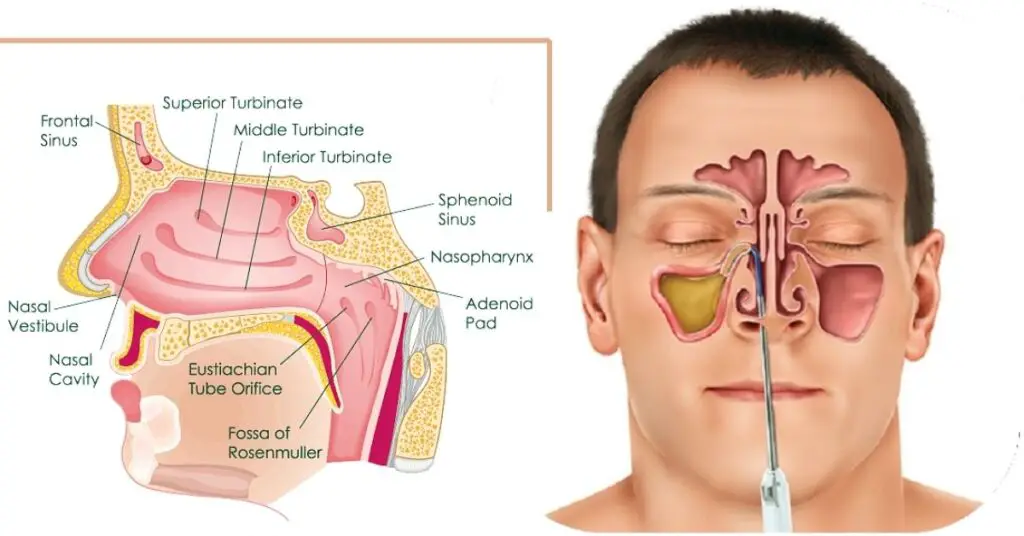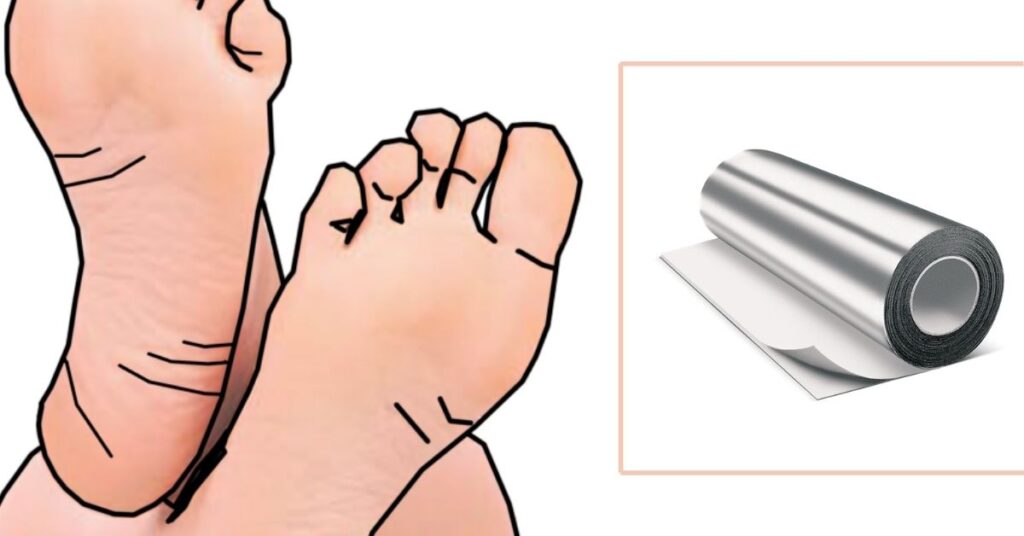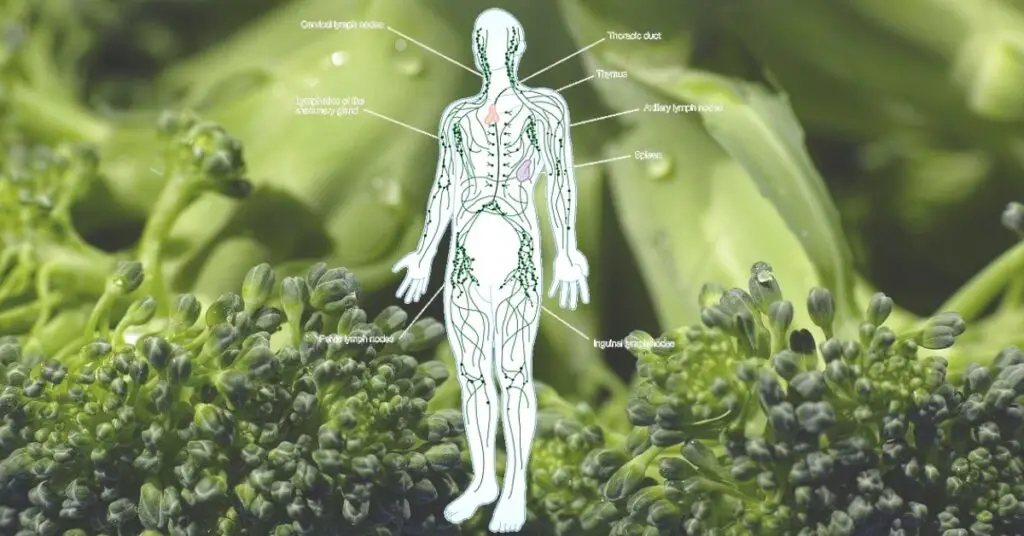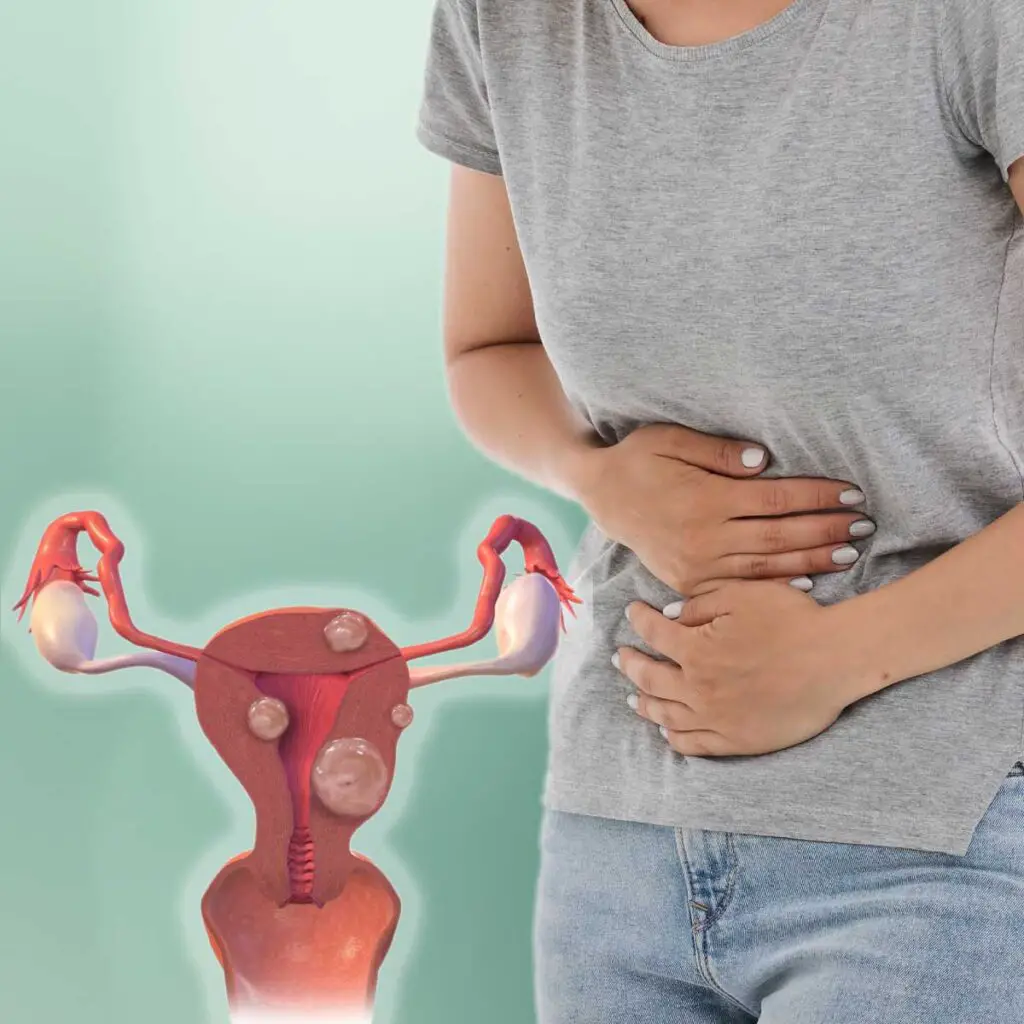Water takes 70% of the human body. Staying hydrated and consuming plenty of water is very important for healthy skin, proper digestion, and toxin removal. On the other hand, lack of fluids and dehydration can lead to serious health issues.
When we sweat and urinate during the day, the human body loses water. However, we eat and drink to compensate the amount of water that we lose. As dehydration is a common and serious health issue, we should be aware of its warning symptoms and know how to treat it.
Body dehydration
Dehydration is a serious health condition, which occurs when the human body loses more water than it intakes. Thus, the cells in the body are deprived of water, which hinders the balance of minerals in the body.
Depending on the amount of fluid that is lost, there are three types of dehydration: mild, moderate, and severe dehydration.
- Mild dehydration occurs when the body losses 1 % – 2 % of the total fluid.
- Moderate dehydration occurs when the body loses 5 % of the total fluid.
- Severe dehydration occurs when the body loses more than 10 % of the total fluid.
Common causes of dehydration
If we do not take enough amounts of water, dehydration occurs. However, the body can sometimes lose more water than it is compensated.
Also, water loss can occur as a result of diarrhea and vomiting. Another cause of water loss is sweating, which occurs when the body tries to cool down. Also, excessive sweating can be caused by fever, exercising in rooms with high temperatures, etc.
Moreover, frequent urination is another cause of water loss. High blood pressure is the main cause of frequent urination.
Finally, excessive alcohol consumption is another cause of water loss.
Common symptoms of dehydration
The symptoms of dehydration depend on the type of dehydration. The most common symptoms are:
- Thirst – the body requires more water
- Dark urine color
- Decreased urination – the body tries to preserve the fluids
When the body is dehydrated you may experience more symptoms, including:
- Thirst
- Dark urine color
- Infrequent urination
- Dry lips and skin
- Severe headaches
- Bad breath
- Dry tongue and mouth
- Intensified wrinkles
- Pain in the arms and legs, and muscle cramps
- Reduced sweating
- Dry eyes (almost no tears)
- High body temperature
- Vomiting and nausea
- Sleepiness
- Dizziness
- Body weakness
- Chronic fatigue
- Irritability
- Confusion
- Rapid breathing
- Fast heart rate
If dehydration is not addressed on time, it can lead to severe dehydration, which can cause other health issues, such as heat injury, seizures, kidney issues, hypovolemic shock, death, and so on.
How to prevent dehydration?
The easiest way to treat and prevent dehydration is by consuming plenty of water. Except for water, you can get the recommended daily amount of water by consuming tea, milk, fresh juices, soup, yogurt, smoothies, etc.
Additional tips to prevent dehydration:
- When the temperatures are high, increase the intake of fluids to compensate the amount of water that you lose through sweating
- Before exercising, consume fluids with electrolytes
- The best time for doing sport is early in the morning or in the evening. Avoid doing sport when the weather is hot.








